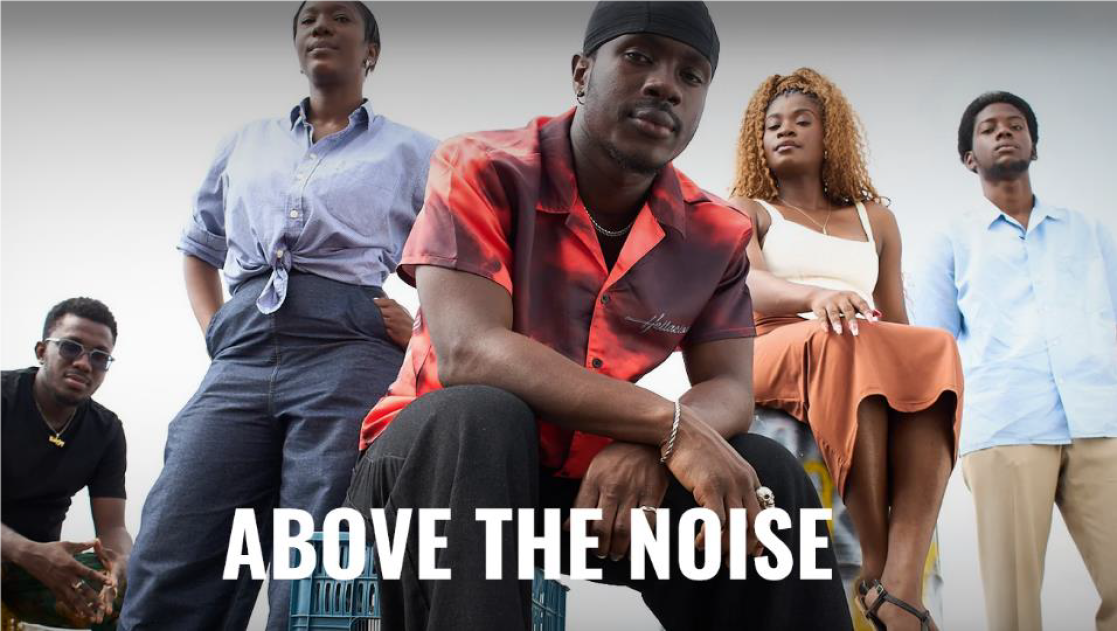EEAS Strategic Communication Task Forces
The geographic Task Forces of the EEAS
1. The East Stratcom Task Force

European Union, 2025
The East Stratcom Task Force (ESTF) focuses on strategic communication activities designed to support, promote, and explain EU policies and values within the Eastern Partnership and Central Asia regions. ESTF works in close collaboration with the EU Delegations, EU institutions, Member States, and local partners.
ESTF engages with a broad range of stakeholders, including civil society organizations, media community, and when relevant, government institutions in partner countries. Using the whole of society approach, the Task Force facilitates the cooperation of local partners to enhance societal resilience to FIMI.
ESTF delivers communication and raising awareness campaigns (for example "Share your Light" and "Free Press Talking") and communication products, tailored to the specific audiences and occasions. Moreover, the Task Force focuses on fostering connections and capacity building through various activities, as for example the Media Forum 2024 in Astana, Kazakhstan. ESTF strives to promote cross-border and cross-regional cooperation, facilitating exchanges of best practices, including with partners from other regions and continents.
With Ukraine remaining as a target of Russia’s aggression, and the invasion's impact going well beyond the region, ESTF keeps Ukraine-related work at the core of its activities.
2. Western Balkans Task Force

European Union, 2024
The Western Balkans Task Force (WBTF) is engaged in a full spectrum of strategic communication activities that support the implementation and understanding of the EU policy in the region. These take the form of public campaigns and strategic engagements with partners and stakeholders. One of the examples of WBTF work is its yearly campaign “Europeans in Action”. Targeted at both EU and Western Balkans audiences, the campaign aims to reinforce the message of engagement and to contribute to a friendly and factual perception of the region in the EU.
By practicing public and cultural diplomacy, WBTF seeks to go beyond traditional information channels and translates its actions into effective and varied communication products, all adapted to the local context and languages. The WBTF is engaged in addressing FIMI operations, including disinformation in the Western Balkan region. The WBTF also strengthens the support to representatives of civil society, including independent media and media organisations as well as fact-checking organisations. It actively engages with them, as part of a dedicated strategy to enable a pluralistic information environment and contribute to media literacy in the region.
3. The Task Force South

European Union, 2025
The Task Force South (TFS) analyses the information environments of the Middle East and North Africa (MENA) region by tracking disinformation and FIMI in the region. Using its strategic insights to inform communication activities, TFS designs proactive communication strategies and campaigns by coordinating EU Delegations and other EU institutions.
TFS also fosters healthier information environments in the MENA region by supporting independent journalists as well as contributing to civil society resilience against disinformation and FIMI. In particular, TFS designs and implements tailored systemic and tactical responses using all means available in the stratcom toolbox. In close collaboration with the EU’s Regional Media Office in Amman, TFS also launched the social media accounts of EU in Arabic on X, Instagram, and Facebook, and supports the work of the EU Spokesperson in Arabic.
4. Sub-Saharan Africa Stratcom Task Force

European Union, 2025
The Sub-Saharan Africa Stratcom Task Force (SSA TF) was launched in May 2023. Its main objectives include monitoring of the information environment, raising the EU’s profile through strategic communication, and building resilience against FIMI and disinformation.
Beyond the EU institutions, including the EU Delegations in Sub-Saharan Africa, the EU Member States, the SSA STF is working closely and actively with stakeholders in the partners countries, such as civil society organisations, media communities and institutions.
The SSA STF works closely with journalists and media professionals from across the region, including through immersive visits to Brussels. Beyond their informative purpose, these visits also provides practical support through workshops and interactive simulations, enabling participants to strengthen their resilience against disinformation. Through this interactive format, the team establishes networks of trust.
The SSA STF launched a communications Campaign “Above the Noise”. The campaign listens to African youths in Benin, Chad, Ghana, Nigeria and South Africa and responds to their concerns or questions.
Connecting Media Communities
All Task Forces and other teams are involved in the Connecting Media Communities project. Launched in 2023, its goal is to provide a space for media communities from different regions to exchange best practices, better understand FIMI and disinformation, and strengthen the resilience of our societies. The events took place in Bosnia and Herzegovina, Moldova and Kosovo, with approximately 100 participants from all over the world taking part in each of them. Within this project, journalists also had the opportunity to visit Ukraine and see with their own eyes the consequences of Russia’s full-scale aggression. Supported by the EEAS, the joint work of journalists, media workers and fact-checkers strengthens the community of FIMI defenders and highlights the role of local media in combating FIMI and fostering democratic values.




